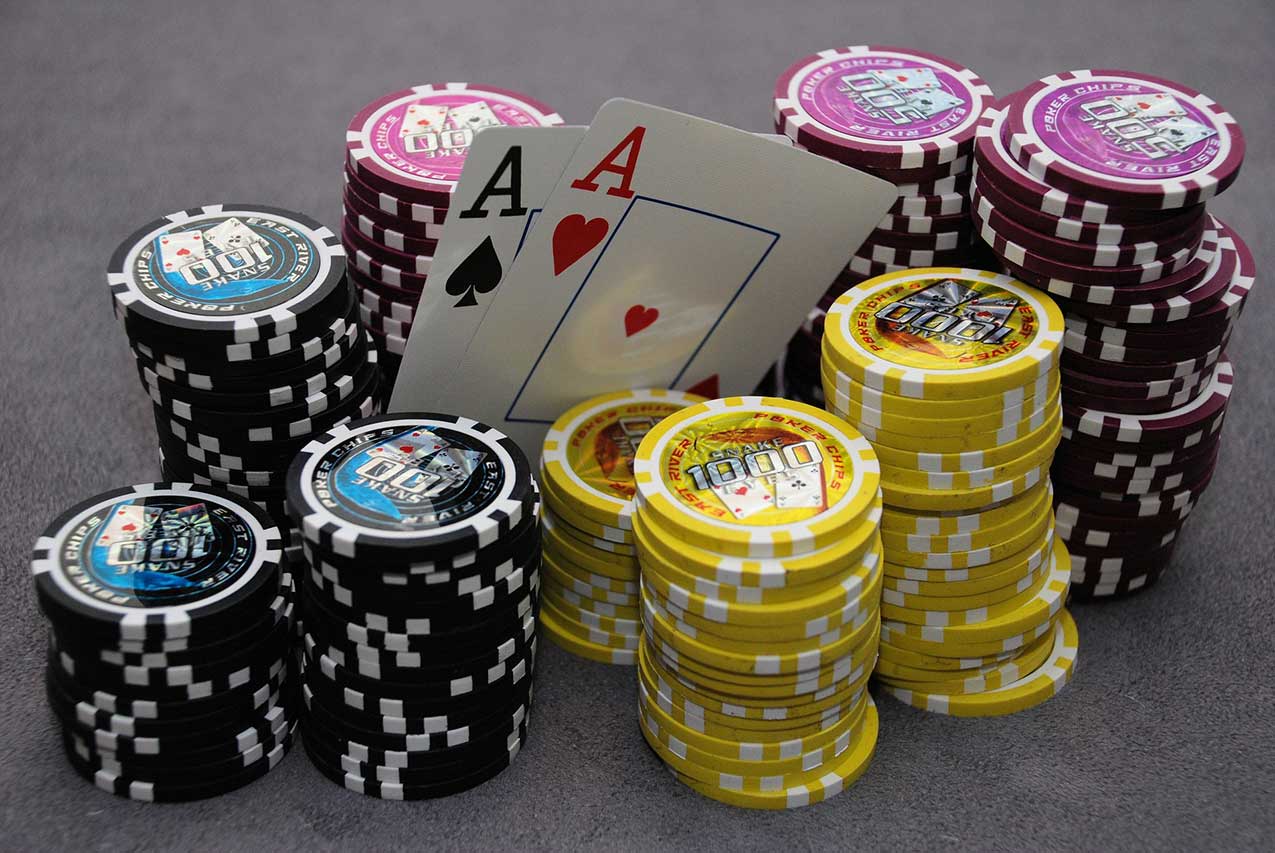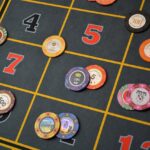
Welcome to another installment in our series aimed at improving the play of amateur poker players. Playing winning poker doesn’t have to be a gamble because, as many of you know, it is a game of equal parts skill and luck. Therefore a sound strategy is the key to avoiding disappointing losses. A great example of how to bet in tournaments follows below…
Your primary concern is how you play the odds, for this will determine more than everything else your chances of becoming a successful player. Texas Hold’em, in particular, is a decision-maker’s game. The option to check, fold, raise, re-raise, bluff, or go all-in means that there will almost always be a correct choice. As the leading poker theoretician David Sklansky famously surmised, your principal objective in poker should be to identify the correct choice and make the exact same play that you would have made if you could somehow see what your opponents are holding. For this you need to understand the concept of pot odds and how they relate to the hand you are holding. A lot has been written about this topic, and if you are unsure what it entails here’s a brief explanation.
Pot odds are a measure of the size of a pot in relation to how much you must contribute in order to stay in the hand. If the odds of you holding or drawing to the winning hand are better than the odds the pot is giving you, you should call or even sometimes raise. On the contrary, if the odds are not greater, you should usually fold (unless you’re going to bluff, which is another story altogether). It’s essential to understand pot odds if you want to maximize your potential, so spend a bit of time learning them and you will surely benefit from this knowledge.
Another key skill in tournament poker is knowing how and deciding when to bluff. You must keep in mind that your bluffs serve as investments, and a failed bluff isn’t necessarily a bad thing. Remember that a player who has a reputation for never bluffing will very seldom have his raises called. This may sound fine to you, but keep in mind that when the cards aren’t turning in your favour (which is often the case) you may have to resort to other ways of winnings hands, such as stealing blinds and bullying shorter stacks. The player who is unpredictable and fearless will often have an edge over one who is cautious and tight.
One factor in tournament poker which is often overlooked is your personal condition. You should keep in mind that many of the largest and most prestigious tournaments are multi-day affairs. Your health and level of fitness are just as important as your tactical knowledge and experience during these poker marathons. Without the stamina needed to go into to battle for upwards of 12 hours at a time, you are not going to endure the ordeal. Make sure you are well-rested and have the ability to stay focused for long periods of time.







